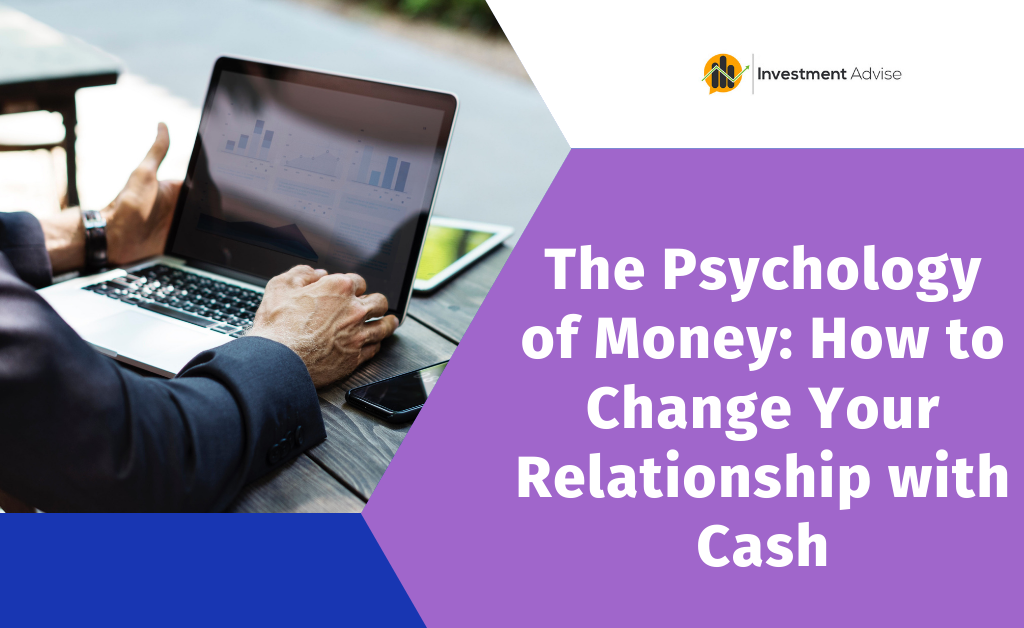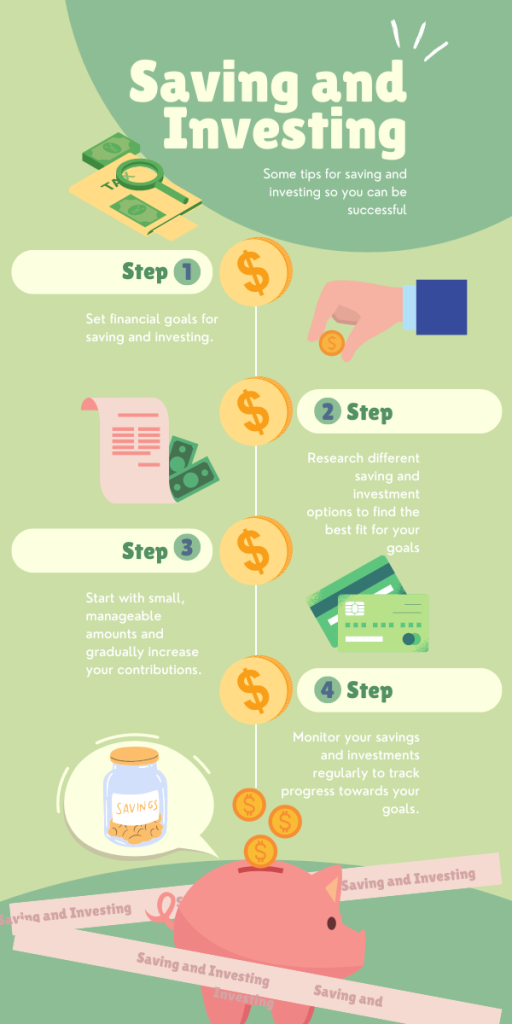Money, often seen as a mere tool, wields immense power over our lives. Its presence can evoke a myriad of emotions – from security and freedom to anxiety and stress. The key to financial well-being lies not in accumulating wealth, but in understanding and managing our psychological relationship with money.
Money Mindset Matters
Our beliefs and attitudes towards money are deeply ingrained, often shaped by our upbringing, societal influences, and personal experiences. A fixed mindset, believing that wealth is a finite resource or that money is the root of all evil, can hinder financial growth. On the other hand, a growth mindset, viewing money as a tool for creating opportunities and improving lives, paves the way for financial abundance.
It’s essential to identify and challenge limiting beliefs. Are you afraid of taking risks? Do you equate spending with guilt? Recognizing these patterns is the first step towards reshaping your money mindset.
The Illusion of Money
We often conflate money with happiness and success. However, research suggests that beyond a certain income level, the correlation between wealth and happiness diminishes. Money can buy comfort and convenience, but it cannot purchase love, health, or meaningful relationships.
It’s crucial to differentiate between needs and wants. While it’s essential to meet basic needs, indulging in excessive wants can lead to financial instability and dissatisfaction. Prioritize experiences over material possessions, as memories often bring more lasting joy.
Emotional Spending
Emotional spending is a common pitfall. When feeling stressed, bored, or lonely, we may turn to shopping as a temporary escape. This impulsive behavior can lead to debt and regret. Instead, cultivate healthy coping mechanisms like exercise, meditation, or spending time in nature.
Mindful spending involves conscious decision-making. Before making a purchase, ask yourself if it aligns with your values and long-term goals. Delaying gratification can help prevent impulsive buys.
Saving and Investing Wisely
Saving is a fundamental aspect of financial security. Create an emergency fund to cover unexpected expenses. Automate savings to make it effortless. Diversify your investments to manage risk. Remember, investing is a long-term strategy, and short-term fluctuations should not deter you from your goals.
Avoid comparing yourself to others. Social media can create an illusion of wealth, leading to feelings of inadequacy. Focus on your financial journey and celebrate your progress.
Building a Rich Life
True wealth encompasses more than just financial abundance. It includes strong relationships, good health, and personal fulfillment. Invest time and energy in cultivating these areas of your life.
Give back to your community. Volunteering and helping others can bring immense satisfaction and perspective. Financial generosity can also create a positive impact.
Changing your relationship with money is a gradual process. Be patient with yourself and celebrate small victories. By understanding the psychology of money and adopting healthy financial habits, you can create a fulfilling and secure financial future.
Remember, money is a tool, not a master. Use it wisely to build a life of abundance and purpose.








